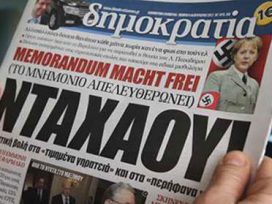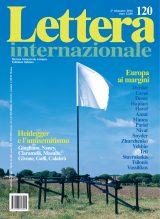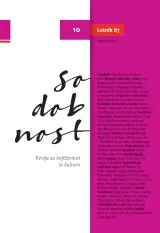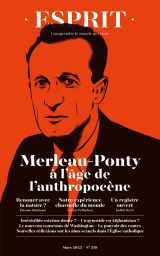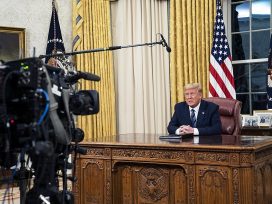
There are various reasons why it is politically expedient to call Trump a fascist, but doing so clouds our judgement about the kind of authoritarianism he represents. Trump’s encouragement of ethnic antagonism is typical of far-right populism globally and will endure in the US beyond his presidency.


